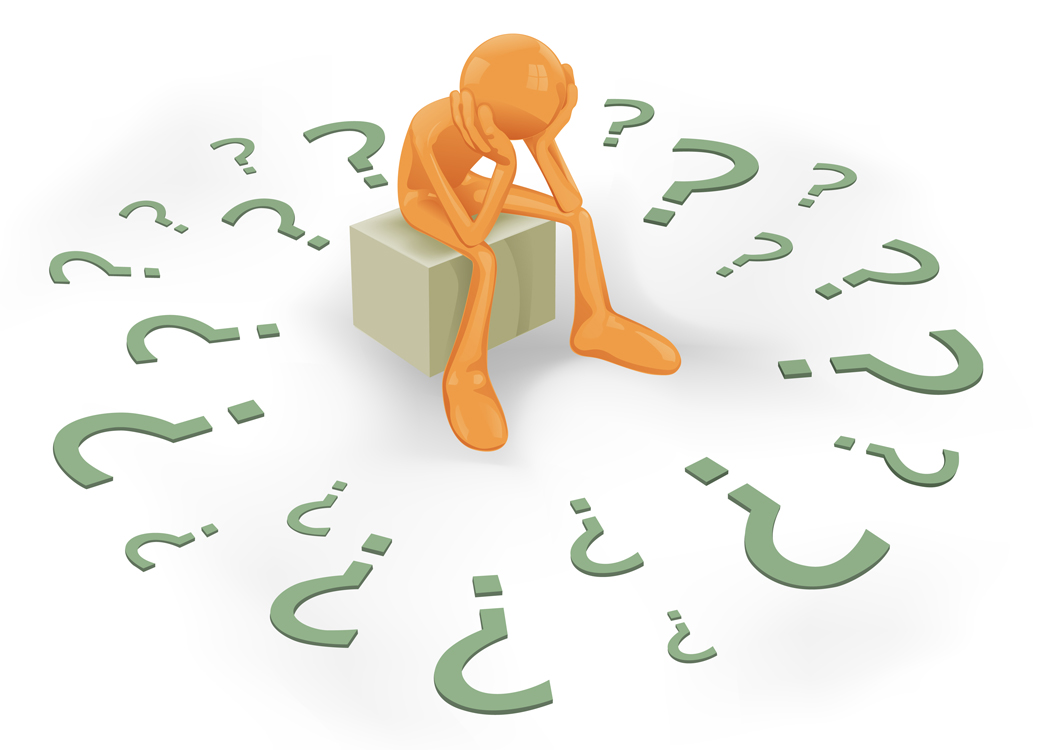One of
the perks of being a physician is the fact that you get to live in a state of
perpetual awe. It starts with the first pass of the scalpel on your first day
in the anatomy lab. It continues as you tease out every organ, blood vessel,
and nerve in the body you've been assigned to dissect. A sense of wonder
punches you in the gut the first time you hear a beating human heart and
realize that your own heart has been pumping steadily and predictably without
any effort on your part since before the day you were born.
You'd
have to be a toadstool not to be mystified by the anatomy, physiology, and
psychology of your very own body. You'd have to believe in miracles if you
understood the way a broken bone heals, what it takes for an open wound to
close, how a lifeless heart can pick up the beat again.
Don't
even ask what happens during sex.
I
studied medicine for seven years and practiced it for over three decades, so I
understand how the body works. I know what it takes to keep it up and running,
and most of the time, I know how to fix it when something goes wrong. Most
people don't. They get out of bed in the morning and expect their bodies to
cooperate with their plans for the day. They have to get their children off to
school and get to their jobs. They don't have time to be sick.
But what
if you woke up in the morning and you couldn't move the left side of your body,
and your speech was garbled so you couldn’t tell anyone what had happened? What
if you woke up to find the infant you rocked to sleep the night before pale and
lifeless in her crib? What if everything that was familiar and predictable to
you changed in a heartbeat?
We
expect our bodies to work, but sometimes they don't. We think our children are
safe, but we can't guarantee it. We take health and happiness for granted until
something goes wrong. The cancer comes back. The paralysis is permanent. The
depression won't lift. Sometimes the afflictions of the body go beyond its ability
to heal, and beyond the physician's ability to help.
What
then?
When a
patient under his care gets worse and there is nothing he can do about it,
a doctor feels helpless. When he has tried everything he knows and nothing has
worked, he feels like a failure. So not-God as is sometimes still expected of
physicians.
And
that's the problem. The downside of doctoring is that sometimes the patient
gets worse despite your noblest efforts. The cancer spreads. The heart fails.
The wound won't close. There is nothing more you can do. You concede it would
take a miracle for the patient to recover. All you have left is prayer.
But what
if you don't believe in miracles and you've given up on prayer? Your sense
of awe comes into question. Your sense of wonder falters. Hope fades away.
Where do you turn?
You
might try this. Study the night sky. Watch for the first signs of spring. Check
for the pulse in your own wrist.
jan










